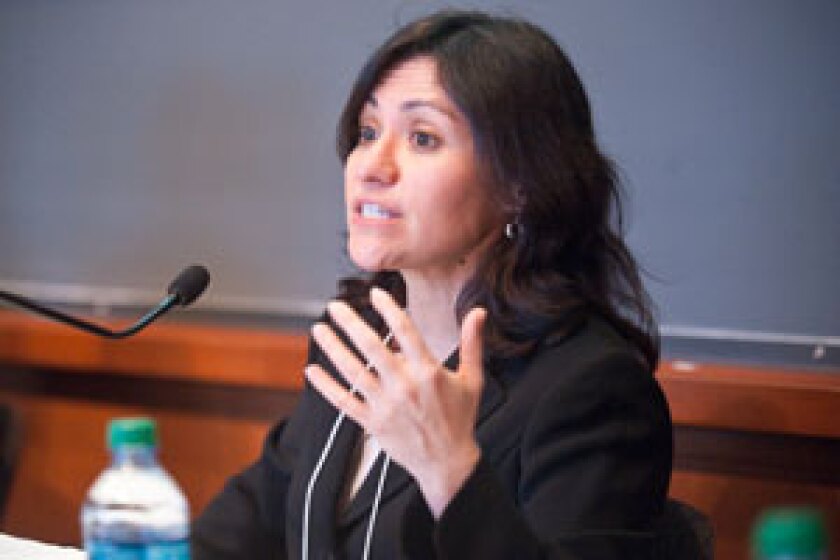Ramirez made the announcement during a seminar on patent trolls and anti-competition law hosted in Washington DC by the Computer & Communications Industry Association and American Antitrust Institute.
The investigation is part of a coordinated crackdown on patent trolls by the Obama administration. It follows the announcement earlier this month of a White House plan to curb patent trolls, which will mainly be implemented through the USPTO. The plan was accompanied by a 17-page study by the National Economic Council and the Council of Economic Advisors and has been generally well-received by academics, industry and consumer advocate organisations.
Ramirez said the investigation will be held under Section 6b of the Federal Trade Commission Act, to “help develop a better understanding” of what she referred to as patent assertion entities (PAEs), which are popularly known as patent trolls.
She said that while the Commission still has “only snapshots of the cost of PAE activity”, early indications suggest that their benefits to innovation and the general public are greatly outweighed by their costs, which include shifting money away from research and development.
Between 2007 and 2012, the number of patent infringement lawsuits filed by trolls tripled, said Ramirez. Trolls now file the majority of patent infringement lawsuits in the US.
She said that PAE activity is also “changing shape”. Although IT is still the industry most targeted by trolls, data and anecdotal evidence collected by the FTC suggests that they now file half of all their lawsuits outside of the high tech sector.
Retailers are now the most common low tech sector targeted by trolls, and the FTC has had complaints from online retailers who have had to defend lawsuits against common features on their websites such as drop-down menus and shopping carts.
Small businesses have also increasingly become targets, with offline businesses such as coffee shops being sued for patent infringement for offering features like WiFi. Ramirez said the FTC plans to use Section 5 authority to protect small businesses against deceptive patent claims by trolls, such as attempting to secure settlements relating to expired patents or patents the troll has no rights to.
She said the Commission is also concerned about an increase in what she described as “hybrid PAE activity”, in which large corporations hide behind shell companies to engage in troll activities strategically targeting competitors.










